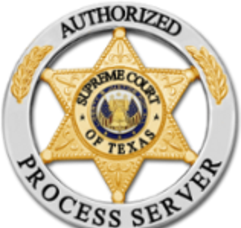Compelling Federal Witnesses to Attend State Court under Touhy – Sherman & Plano, TX Criminal Defense Lawyer (Part 3)

As noted by the United States District Court Southern District of Mississippi:
… Touhy’s rationale was undermined by a decision rendered by the Supreme Court two years later, in which it considered a claim of governmental privilege and noted, “Judicial control over the evidence in a case cannot be abdicated to the caprice of executive officers.” United States v. Reynolds, 345 U.S. 1, 9-10 (1953). Touhy’s holding was further weakened by a 1958 amendment to the Housekeeping Statute, which added the language, “This section does not authorize withholding information from the public or limiting the availability of records to the public.” Blanks v. Lockheed Martin Corp., 2006 WL 1892512 (S. D. Miss. 2006).
A defendant generally has a Sixth Amendment right to compel and present a material witness’s live testimony. As the Supreme Court stated in Washington v. Texas:
The right to offer the testimony of witnesses, and to compel their attendance, if necessary, is in plain terms the right to present a defense, the right to present the defendant’s version of the facts as well as the prosecution’s to the jury so it may decide where the truth lies. Just as an accused has the right to confront the prosecution’s witnesses for the purpose of challenging their testimony, he has the right to present his own witnesses to establish a defense. This right is a fundamental element of due process of law.
388 U.S. 14, 19 (1967). “[T]he truth is more likely to be arrived at by hearing the testimony of all persons of competent understanding who may seem to have knowledge of the facts involved in a case, leaving the credit and weight of such testimony to be determined by the jury or by the court.” Id. at 22 (quoting Rosen v. United States, 245 U.S. 467, 471 (1918).
 Sherman & Plano, TX Criminal Defense Lawyer Blog
Sherman & Plano, TX Criminal Defense Lawyer Blog

